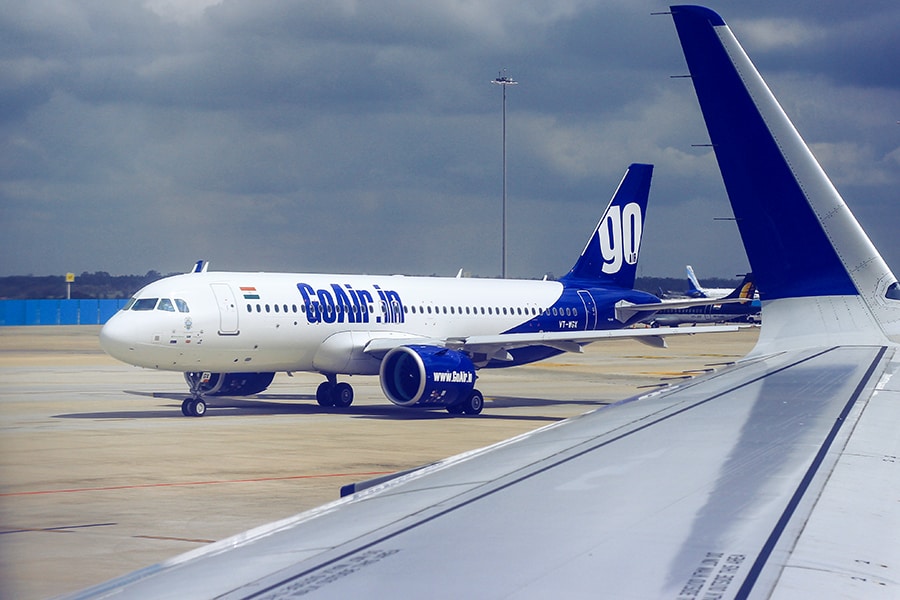
GoAir CEO gone in six months, new captain to help take off
The Wadia group-owned airline has brought back Kaushik Khona as CEO with immediate effect, to replace outgoing chief executive Vinay Dube
 Image: Shutterstock
Image: Shutterstock
Six months after he joined GoAir from the now-defunct Jet Airways, Vinay Dube has quit the Wadia group owned airline, which has been struggling to take-off since the lockdown.
“Vinay Dube has ceased to be in the employment of Go Air with immediate effect and hence, ceases to be the CEO of the company,” a statement from GoAir said. “The nominations and remuneration committee and the board met today and have appointed Kaushik Khona as CEO with immediate effect.”
Khona had earlier served as the CEO of the airline between 2009 and 2011.
Dube’s resignation and Khona’s appointment comes at a time when the Mumbai-based airline has been struggling to take off, following the shutdown of the aviation industry in the aftermath of the Covid-19 pandemic. GoAir's overall debt was up by 6 percent sequentially to Rs1,891 crore in the June-ended quarter, while bank balance nearly halved to Rs72.5 crore during the same period, according to rating agency India Ratings. The airline was recently put on cash-and-carry by the Airports Authority of India because of mounting dues.
Incidentally, Khona’s appointment at the helm is also the fourth such appointment in the past four years. In 2018, Wolfgang Prock-Schauer, then CEO of GoAir, had left the airline to join IndiGo, India’s largest airline company. The company then appointed Cornelis Vrieswijk, who quit within nine months. That was followed by the appointment of Dube, who had earlier led Jet Airways.
“In his professional corporate experience spanning 32 years, he was always part of the Management think tank and since more than 12 years he has been known as turnaround man and has managed and headed various businesses successfully as a CXO,” GoAir said in a statement.
Last month, just about 2.1 million people flew within the country—82% less than the 11.2 million passengers seen in July 2019. Of this, market leader, IndiGo, flew 60 percent of the passengers, while SpiceJet flew 15.7 percent. GoAir, which has over 70 percent of its staff on leave following the lockdown only had a 3.8 percent share in July.
In June, the central government allowed domestic airlines to operate with 45 percent capacity. Earlier, when flights resumed on May 25, one-third capacity was permitted. Since then, the number of flights departed has gradually increased from 416 on Day 1 to 890 on July 31.
“For July, the average daily departures were 780, significantly lower than the average daily departures of 2,845 in July 2019, though better than 723 in June 2020,” research firm ICRA says. “The average number of passengers per flight during July was 86 against an average of 134 passengers per flight in July 2019. ”
Running airlines in India is an expensive affair. While fuel accounts for nearly 40 percent of the costs, lease charges comprise some 30 percent. Maintenance and operations cost around 20 percent. The ongoing liquidity crunch across airlines means that the aviation industry is at what aviation consultancy firm CAPA calls a “breaking point”. "The record quarterly loss of $380 million, posted by IndiGo in Q1 FY20, is consistent with CAPA India's earlier projection of a consolidated industry loss of $1.5 billion to $1.75 billion. With Q2 largely being a washout due to poor demand, the industry is at a breaking point," CAPA India wrote on Twitter last month.





